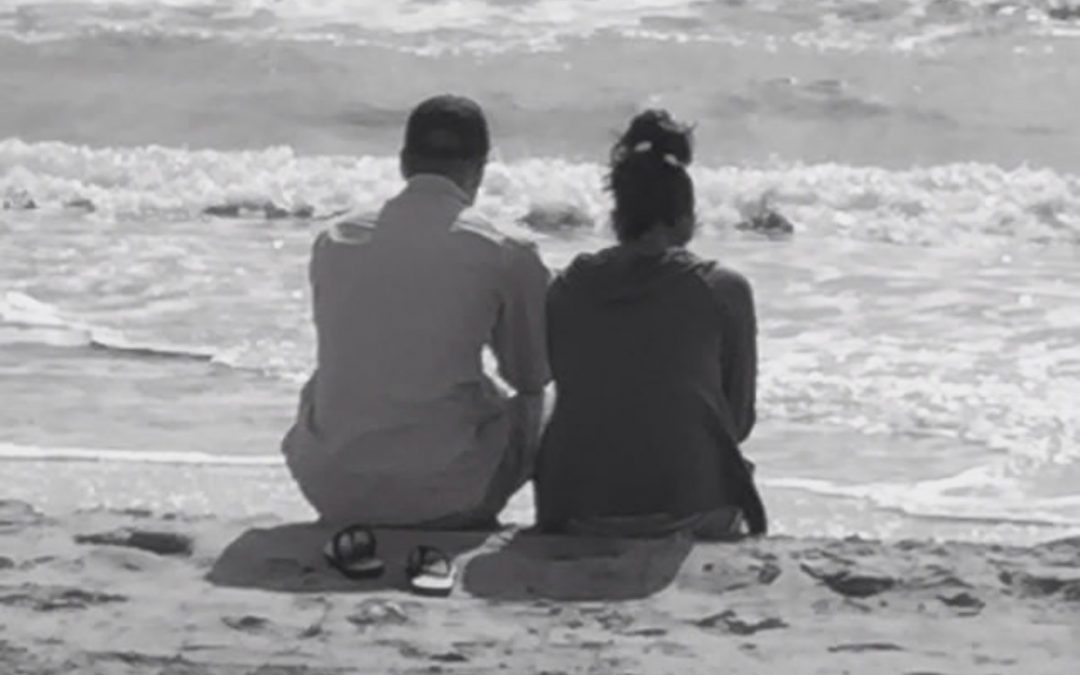
Holiday Stress and Family Boundaries: A Therapist’s Guide
The holiday season can bring warm lights, special meals, and time with loved ones. But for many people, especially in close family settings, it can also bring stress. Old expectations might get stirred up. There may be pressure to attend every event, act cheerful, or meet certain traditions, all while feeling stretched thin.
For some, family dynamics feel heavier this time of year. Maybe there is a history of past tension or the feeling that certain people always want to cross the line. If that sounds familiar, you are not alone. Setting clear, healthy boundaries is one way we can protect our peace and lower that holiday stress. When we know what feels safe or respectful for us, it becomes easier to enjoy the good parts of the season without getting overwhelmed.
That is something we have seen over and over in counseling in San Antonio. The holidays do not have to be perfect to be meaningful. They just need to be manageable.
Understanding Holiday Stress
Holiday stress often shows up in small ways. A tight chest before a gathering. A short temper while coordinating travel plans. Feeling guilt because we are not feeling happy enough. This time of year comes with extra expectations, both from ourselves and those around us.
Some common triggers include:
• Pressure to attend every family event, even with a busy schedule
• Old tensions resurfacing when everyone is under one roof
• Feeling left out of traditions or being expected to play a certain role
• Memories tied to grief, loss, or past disagreements
• The fast pace, noise, and chaos that feels hard to escape
For people who have lived through trauma or tough family events, these moments can bring up strong emotions. The holidays may heighten anxiety, show up in sleep trouble, or cause us to withdraw more than usual. When we expect everything to feel joyful, but our emotions do not match that, it can be confusing and lonely.
Recognizing these stress points early makes it easier to plan ahead. We do not have to accept stress as normal just because it happens every year.
What Healthy Boundaries Can Look Like
A healthy boundary is just a clear line that helps us feel safe and respected. During holiday gatherings, these boundaries might sound like:
• “I’d love to join dinner but can only stay for two hours.”
• “Let’s keep the conversation light, no politics or personal topics today.”
• “This year, we’re doing things differently, and that’s okay with us.”
Setting a boundary is not about making others uncomfortable or causing conflict. It is about knowing what we need to protect our mental space. There is a big difference between keeping the peace and people-pleasing. The first brings calm for everyone; the second often leaves us feeling tired and unseen.
Boundaries give everyone a clearer picture of what is okay and what is not. When we speak them kindly but firmly, it helps lower misunderstanding and resentment. And over time, they support stronger, more honest relationships.
Talking to Family Without Guilt
Talking about boundaries can feel awkward, especially when we are worried about disappointing people we care about. That is normal. But keeping everything inside often builds pressure that makes future conversations harder.
One way to begin is by naming your feelings gently. You might say, “I feel overwhelmed when our days get packed. I’d like to slow things down this year.” Or, “It has been a hard season for me emotionally, and I need a little more quiet time during the holidays.”
If someone reacts strongly or dismisses your boundary, that is not a reason to drop it. Sometimes people just need time to adjust. You still get to decide what feels healthy for you.
It helps to remember this: saying no to something that hurts your well-being is not rude. It is thoughtful. It shows that you care about showing up in ways that are honest and real, not just polite or expected.
Handling Tricky Situations During Gatherings
Even with boundaries in place, it is possible that tough situations will still pop up. Conversations might shift toward sensitive topics, or you might feel cornered into explaining a personal decision.
When that happens, try having a few responses ready:
• “I’d rather not get into that today.”
• “Let’s talk about something different.”
• “I’m going to step outside for a few minutes for some air and time away from this topic.”
You do not owe anyone an explanation beyond that. If the environment starts to feel too loud or tight, take a break. Step into another room, wash your hands, check in with a kid, or sit outside if the weather allows. Little moments of quiet can help reset your nervous system and give you space to think clearly.
Planning ahead can also help. Before the event, consider what topics you would rather avoid, what boundaries you want to keep, and who might support you if needed. Going in with a plan lets you feel more at ease, knowing you are allowed to take care of yourself.
When Faith and Family Feel at Odds
For people who lean on faith, the holidays can hold deep meaning. They might also come with extra pressure to show grace, patience, or forgiveness, even when we feel fully drained. It can bring up questions like, “Am I being loving if I say no?” or, “Does setting a boundary go against my values?”
Here is the truth: protecting your peace is not a lack of love. Sometimes, love looks like stepping away instead of stepping in. If your faith helps guide you through this season, use it as support, not a reason to feel guilty.
It is okay if your values do not match every part of your family’s views or habits. You can still be kind, still be present, just in ways that also feel healthy. You are not required to agree with everyone around you to share space with them.
Your faith can teach you to care for others, but it can also teach you to rest, to respect your limits, and to be honest. That balance matters.
Support for San Antonio Families During the Holidays
The holidays are a time when old emotions or stressful patterns often surface. If you or your family are struggling, you are not alone. We specialize in therapy for children, teens, adults, couples, and families in San Antonio. Our therapists offer both in-person and virtual sessions, so you can find support that fits your needs. With no waitlist and same-week appointments available, reaching out for help is simple and accessible when life feels most overwhelming.
If you prefer counseling aligned with your Christian faith, we offer optional Christian counseling approaches in English or Spanish. We understand the unique pressures families may face around the holiday season and use evidence-based techniques to help you develop strong boundaries and coping skills.
Holiday stress can feel overwhelming, but talking through your feelings in a calm, supportive space makes a difference. We understand how family patterns, old expectations, and seasonal pressure can add up quickly. Honest conversations matter, especially in a place where you feel comfortable. Our approach to counseling in San Antonio helps you protect your peace and stay connected to what matters most. When you are ready to find your balance, La Luz Counseling is here for you.





Recent Comments